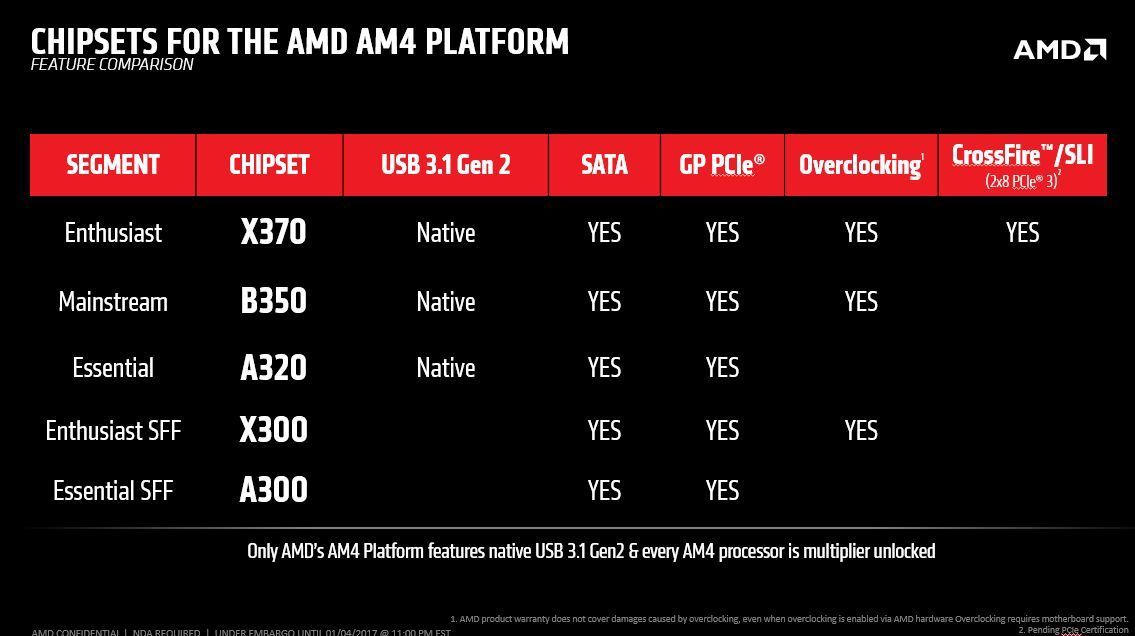Crumpet
Senior member
- Jan 15, 2017
- 745
- 539
- 96
Holy crapole.
Okay, i'm listening. #plsbereal
Am i the only one finding a claim that Zen has exact same physics score per core at 4Ghz,3.3Ghz and 3.2Ghz... a little bit hard to believe?
Most likely, yes. But increasing the CPU frequency would not affect the overall score, for each core?I don't know why but maybe they tested with same Memory?
That was my first thought too, but it would mean that physics score only depends on memory. And that is obviously not true, since Kaby and Bdw-E both clearly scale with frequency. Scale linearly, in fact. Then there's an issue that physics test does not scale linearly, there is a drop off in efficiency going from 12 threads to 16 threads on both BDW and Zen. Now, they [drop offs] are different, but that difference can be explained with Zen going from 16MB L3 to 16 MB L3 and BDW going from 15 L3 to 20 L3.I don't know why but maybe they tested with same Memory?
Physics test is notorious for being unrealistically parallel.Looks to me the second chart is simply a division by core counts. e.g. 6950X: 21576 / 10 = 2157.6, 1800X: 20249 / 8 = 2531
that's because the GPU is doing your workBad news: physics test has literally 0 relevance to actual gaming.
Nah, that's also because real games are all about that 0x0F05.that's because the GPU is doing your work
Thanks, i did read the article.I am talking about how the chart was made, not how scores are calculated. The second chart's numbers are simply divisions of the first's.
Am i the only one finding a claim that Zen has exact same physics score per core at 4Ghz,3.3Ghz and 3.2Ghz... a little bit hard to believe?
Am i the only one finding a claim that Zen has exact same physics score per core at 4Ghz,3.3Ghz and 3.2Ghz... a little bit hard to believe?
Probably $300 less, because you aren't paying an extra $100 for a Quad channel memory x99 motherboard.Based on the scores, you basically get 6800K, with AMD branding, with 65W TDP, and for 200$ less, when 6C/12T CPUs are considered.
That is actually mind blowing value...
Yeah, i checked that literally 5 minutes ago, when i concluded that 4Ghz sample was not running on 4Ghz. Or the "stock" clocked eight and six core was not running on 3.4/3.3Ghz, but more like 3.5, making their throughput in this case about 5%lower than Broadwell.... that once again aligns with what we knew since last August. Funny.Per core scaling is significantly <100%.
I figured it has to be combination of cache structure and scaling deficiency of 3dmark, the one that puts 6900k 10% behind 6850k in spite of identical clocks.Memory bound or some other bottleneck
Memory bound or some other bottleneck
Some say, that B350 MoBo will be available for as low as 69$, but its hard to believe in this... O_O.Probably $300 less, because you aren't paying an extra $100 for a Quad channel memory x99 motherboard.
Then there's an issue that physics test does not scale linearly, there is a drop off in efficiency going from 12 threads to 16 threads on both BDW and Zen. Now, they [drop offs] are different, but that difference can be explained with Zen going from 16MB L3 to 16 MB L3 and BDW going from 15 L3 to 20 L3.
Shortly, i would disregard the alleged 4Ghz score entirely, because no way in hell it is a 4Ghz score.
I think the next chart is far my important. Notice how close all Ryzen CPUs are to each other if we take single-thread performance.
I believe it, because that's the really cheap line that cannot OC.Some say, that B350 MoBo will be available for as low as 69$, but its hard to believe in this... O_O.
Yeah, i checked that literally 5 minutes ago, when i concluded that 4Ghz sample was not running on 4Ghz. Or the "stock" clocked eight and six core was not running on 3.4/3.3Ghz, but more like 3.5, making their throughput in this case about 5%lower than Broadwell.... that once again aligns with what we knew since last August. Funny.
See, that is why you cannot do this. Take for example 7700K:EDIT:
8c-> amd@3.4 = 2231 intel@3.2 = 2329 or amd 10% slower clock for clock. This seems to suggest amd's SMT is not as efficient?? or its cache is not as good??
I believe it, because that's the really cheap line that cannot OC.



